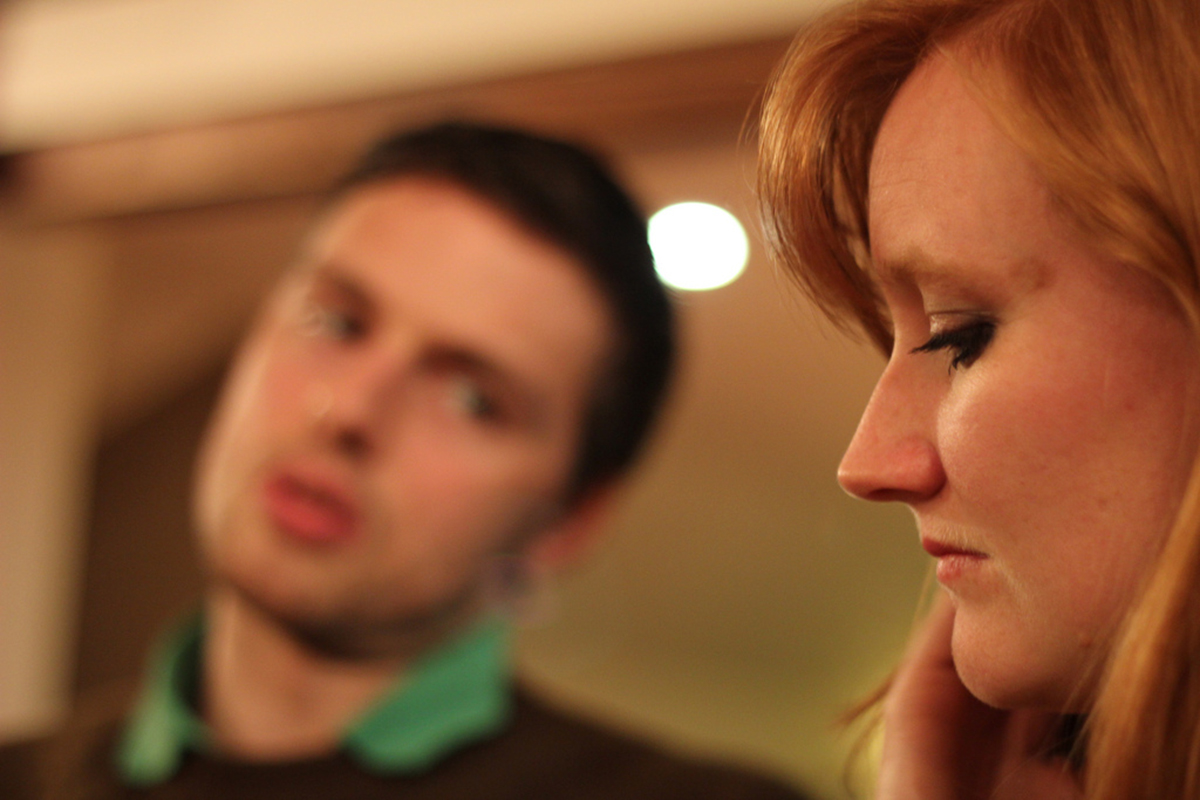Table of Contents
Asperger's comes with a long list of symptoms. They can generally be divided into three areas, sometimes referred to as the "triad of impairments". They are communication, social interaction, and social imagination.

Many descriptions of the symptoms of Asperger's have been written by neurotypical people, making everything entirely clear to other neurotypical people but perhaps less clear to those who have Asperger's or suspect they could be aspies.
Such a list is going to look something like this:
- Communication: People with Asperger's may have a lack of rhythm, an odd inflection or monotone voice, and difficulty adjusting volume when speaking. They may have trouble making eye contact and both using and understanding non-verbal modes of communication like gestures and facial expressions. Frequent use of complex language is another characteristic.
- Social skills: Difficulty understanding how to start and maintain a normal conversation and general social awkwardness may make it hard for someone with Asperger's Syndrome to fit in.
- An obsession with a particular subject, about which large amounts of information are gathered.
- Reaching physical milestones such as walking and riding a bike at a later age. Physical clumsiness is also common.
- Asperger's Syndrome can cause those affected to develop eccentric and repetitive behaviors that are a little like those seen in Obsessive Compulsive Disorder.
Now, how does someone with Asperger's experience these same symptoms? The following list is paraphrased and compacted, but taken from the UK site Life On The Spectrum. Written by people with Asperger's, this list offers a different perspective:
- You might spend a great deal of your time pretending to be normal but scared the real you will be rejected. This could already have happened of course, because people might think you're weird for being interested in interesting stuff, or just think you're weird. They might be scared off by your "intense" communication style.
- Something is always different about you. You may not get jokes, or could laugh and talk too loudly. You feel mocked and teased by people. You feel different and frequently alienated from everyone else.
- Your hobbies or interests are really important to you.
- You like to organize things in a certain way.
- You seem to be more sensitive than others, and that may include impulses like noises, lights, and having lots of people around.
- Yet, others often think you are being too critical or argumentative, or just plain rude — when that is not your intention at all.
See Also: Is Autism Treatable?
You'll find the full list in the links box below. Meanwhile, if this sounds familiar to you, you might be wondering if it is time to initiate the diagnostic process. More about that on the next page.
- Photo courtesy of Poindexter Propellerhead by Wikimedia Commons : en.wikipedia.org/wiki/File:Riboflavin_penicillinamide.jpg
- Photo courtesy of louiscrusoe by Flickr : www.flickr.com/photos/99619705@N00/7875826844/
- Photo courtesy of Army Medicine by Flickr : www.flickr.com/photos/armymedicine/8717872746/


Your thoughts on this